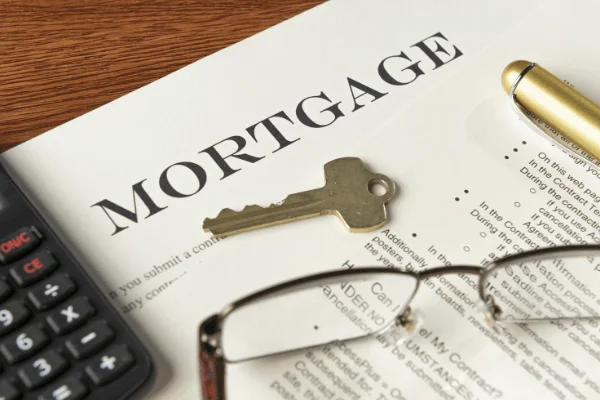How to Reduce your Mortgage Repayments and Save Money

As inflation increases and the cost of living rises, many homeowners are looking for ways to reduce spending. One way this can be done is by cutting the cost of their mortgage.
UK households are bracing themselves for the predicted increases in their monthly outgoings due to the increase in inflation and the escalating energy crisis. Alongside this is the rise in interest rates, which will have a serious effect on monthly mortgage repayment amounts.
We calculated that on average, since December 2021, on a standard variable mortgage, people would be paying an additional £656 per year in repayments. So, with tough times ahead, it is wise to consider some options for saving money on your mortgage.
Remortgage your home
This option will suit anyone approaching the end of their existing mortgage deal and should be the first option to consider when trying to reduce monthly repayments. In the current climate, it would be frugal to take advantage of the deals still on offer before the predicted increases in interest rates.
According to research, homeowners can save on average around £3900 per year by switching mortgages and locking in a good deal.
If you are not at the end of your current deal, you may have to pay your mortgage lender an ERC (early repayment charge), but it is useful to know that you can, in fact, switch mortgages six months before the end of your deal without being penalised.
Long-term fixed-rate mortgages
Fixing your monthly repayment amounts can give you a little peace of mind knowing exactly how much you will be paying, irrespective of fluctuating interest rates.
Locking into a good deal on a five-year fixed-interest mortgage could be the perfect solution to bringing a bit of financial stability to homeowners. There are still many great 5-year fixed-interest offers available on the market, particularly for buyers who require a higher loan-to-value (LTV) ratio.
The interest rate on a five-year fixed mortgage is higher than that of a two-year fixed mortgage; however, with the uncertainty of the economy, paying a little more on monthly repayments could pay dividends should the cost of living continue to increase, as expected, in the coming years.
Green mortgages
The concept of a green mortgage is to reward the buyer with an incentive to buy a home that is environmentally friendly. Lenders do this by offering mortgages with lower interest rates, therefore lower monthly repayments for the homeowner.
In order to qualify for a green mortgage, the property must have an EPC (Energy Performance Certificate). Ratings of A or B will give access to the best green mortgage deals, which can offer the biggest discounts in interest rates, cash-back incentives, and additional low-cost borrowing options.
Part and part mortgages
As the name suggests, this type of mortgage is on a partial interest-only and partial repayment basis. Mortgage brokers will tailor a part-and-part mortgage to suit your individual needs and will ensure a clause is included to enable you to make additional overpayments should you wish to.
It is important to consult with an experienced broker when considering a part-time mortgage, as this mortgage product is not suitable for all homeowners.
Overpayments on your mortgage
Monthly overpayments or a single lump-sum payment is a wise move while interest rates are still low. Investing your money in your home during these turbulent economic times could prove to be the best place to put your cash, with many other investment options being very risky.
Typically, most mortgages permit the borrower to overpay by up to 10% per year, and by taking advantage of this, you can make huge savings in the long term. Just an additional £50 per month can save you around £5000 and reduce your mortgage period by 2 years.
Offset mortgage
This type of mortgage links to your savings account and any savings you have in that account will be considered by the lender as mortgage overpayments. You will still have access to the funds in the savings account and be able to withdraw cash, but that will affect the interest rates on the mortgage.
Offset mortgages require that the mortgage and the savings account be with the same provider.
Size of your deposit
It goes without saying that the larger the deposit you have to put down on a property, the better access you have to great deals with low-interest rates. Your monthly payments will be lower, and long term, you will end up paying less for your home.
